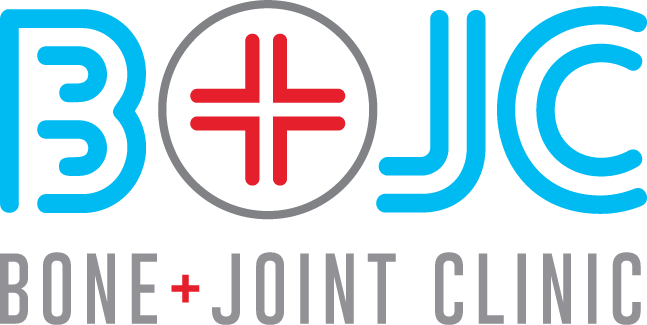COVID-19 & Elective Surgery: What Does It Mean for Me?
As of last week there are Government restrictions on elective surgery both in the public and private settings. The reason these Government restrictions have been put in place are essentially three fold:
to reduce risk of exposure to patients
to reduce risk of exposure to health professionals
to free up hospital beds to allow for the likely increased influx of sick patients with COVID-19
The cancellation of surgery has been supported by the Royal Australasian College of Surgeons, The Australian Orthopaedic Association, and all of the recognised subspecialty associations in this country.
These restrictions do not apply to Category 1 surgery and what is termed ‘urgent Category 2’ surgery – so what does that mean?
Essentially category 1 surgery in Orthopaedics applies to:
trauma and fractures
some acute tendon and ligament ruptures
infections
tumour surgery
Urgent category 2 surgery is more of a grey zone. The sort of conditions that may be considered in this category may include things like:
severe joint pain from rapidly progressing conditions like avascular necrosis (but not osteoarthritis)
acute meniscus injuries causing locking of a joint in a young patient
tendon injuries that if not fixed within 3-6 months may no longer be fixable
nerve compression resulting in muscle weakness or severe pain that has not resolved with injections
If your condition may be considered ‘urgent category 2’ then before surgery can proceed a second opinion needs to be gained from another orthopaedic surgeon (who must agree on the categorisation) and the case is presented in front of the hospital medical advisory committee.
The vast majority of orthopaedic surgical procedures in the elective setting, unfortunately, are considered category 3. Joint replacement, ACL reconstruction, rotator cuff injuries etc. almost always fit into this category.
This means that the bulk of non traumatic orthopaedic surgeries will need to be delayed for the present time. When these bans are lifted is unknown at this point but my prediction is they will be in place for somewhere between 3 and 6 months.
In the meantime the options we have to help control pain include:
maximising simple analgesia
injections in some situations
activity modification (which we are all being forced to do with home isolation)
Please call me if you wish to discuss any of the above information. These are difficult times but life will get back to normal soon and I can help you manage your pain in the interim.
